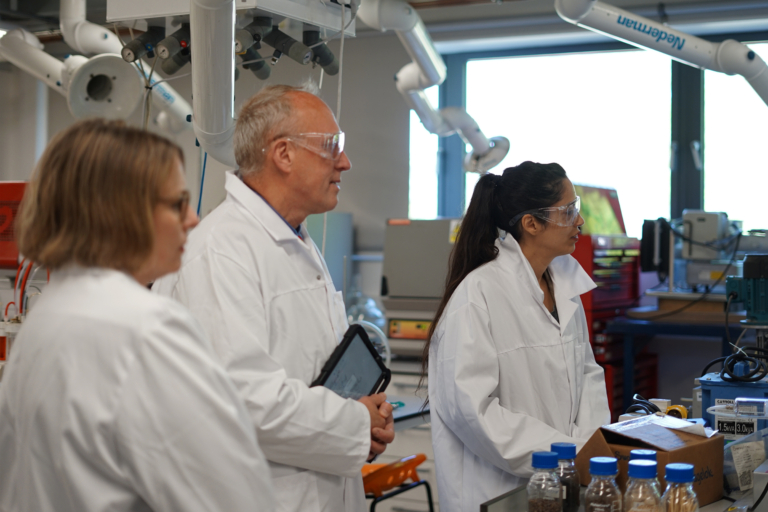An independent report has revealed that national recommendations to strengthen the UK’s technical workforce in HE and research would have significant economic benefits and could contribute more than £100m in GDP terms.
The Economic Benefits of Implementing the TALENT Commission has been published by Frontier Economics a year after the Research England funded TALENT programme’s flagship TALENT Commission report.
The TALENT Commission report highlights and addresses the challenges facing the technical profession and includes 16 recommendations to address these, ensuring the UK has future technical skills to meet demand from emerging sectors.
Frontier Economics’ independent report assesses the economic benefits of these national recommendations using early evidence on changes implemented to date through four case studies.
It explains how improvements to technical recruitment, development opportunities and pathways, decision making, Equality, Diversity and Inclusion and recognition impact on institutional output and outcomes, and in turn economic productivity.
Dr Ian Hancox, Director of Research Technology and Technical Strategy for University of Warwick and Co-Lead for TALENT said: “The sector’s response to the TALENT Commission recommendations has been incredibly positive in the last 12 months, but we know that making real change takes time.
“This independent report highlights the benefits of enacting change within the sector for employers of technical staff, funders, policymakers and government departments.
“By providing additional evidence to the sector in the form of data and case studies, we hope to accelerate the enactment of the recommendations to benefit the working environment for technicians, improve research and teaching quality and meet the UK’s wider economic needs.”
For example, in recruitment technicians make up a disproportionate number of vacancies in higher education, with 13% of vacancies compared to only 6% of the total workforce.
Based on the average cost of filling a vacancy, fulfilling these posts alone could reach £1m, highlighting how modest improvements in staff recruitment and retention can lead to significant cost savings for the sector.
In addition, a case study shows how appropriately costing a technician’s time on research grant applications can increase research income by hundreds of thousands of pounds for a single institution. When invested in upskilling and retaining technicians, it can reduce waiting times for researchers and improve research output and quality.
All eight university partners within Midlands Innovation committed to implementing all employer recommendations outlined in the TALENT Commisson in May 2023, to improve working culture and environment for technical staff. (Read the joint statement)
Dr Hancox added: “Thank you to our case study participants from University of Loughborough, University of Liverpool, University of Nottingham and the TALENT Herschel Programme for Women in Technical Leadership.
“We hope these case studies inspire others to make changes in their institutions, using the 16 recommendations outlined in the TALENT Commission report.”






